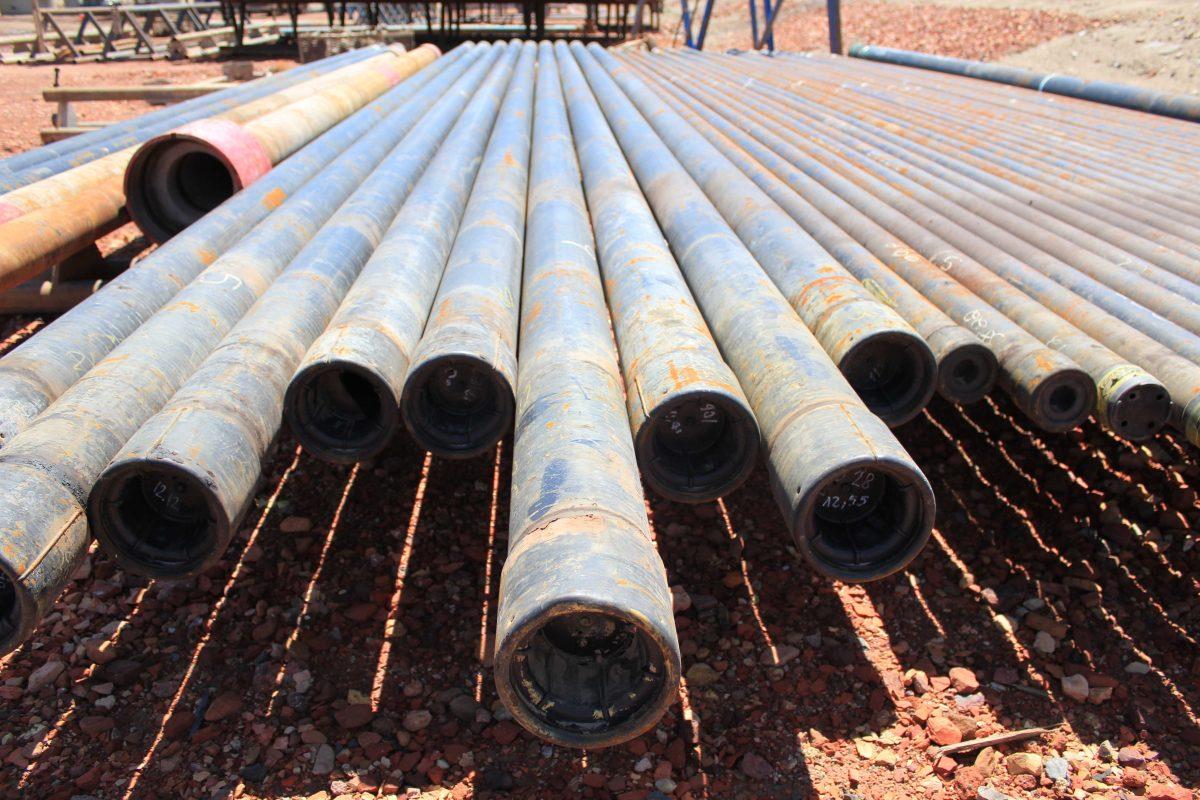Thousands of people from around the world stand in solidarity with members of the Standing Rock Sioux tribe in North Dakota, as its members continue to fight against the construction of the North Dakota Access Pipeline. This pipeline is said to have the capacity to transport 470,000 barrels of crude oil each day, which would provide over 300 million gallons of gasoline per day.
The search for domestic oil sources to replace our foreign dependency is desperate and controversial — something we saw in 2010 with the Keystone XL pipeline.
The difference here is a matter of tribal sovereignty, a concept we’ve been stepping on since the birth of white America.
This project would carry crude oil from northwestern North Dakota through South Dakota and from Iowa into Illinois, where it would be accessible to markets all over the country.
It would also pass through ancient and sacred Native American burial grounds and run below the Missouri River, which is the reservation’s main water source.
Members of the reservation wonder when exactly they gave their approval for the U.S. government to destroy their lands and contaminate their water — but the answer is simply that no one asked them.
In early American history, our laws did not give Native American tribes voices in our government, so we exploited their lands freely, without threat of legal consequence. They were not a part of our legal system then, but they are now. This pipeline project is evidence that we still aim to commandeer their lands, despite a lack of legality.
According to U.S. treaties and the United Nation’s Declaration on the Rights of Indigenous Peoples, the U.S. government is obligated to consult the tribe’s government before approving the project, which it conveniently failed to do.
The ancient burial grounds are not technically on reservation land. But the idea of disturbing thousands of years worth of ancestral spirits would only not be disturbing to money-hungry corporations like Energy Transfer Partners.
Honestly, it isn’t a surprise that oil companies are allowed to skip entire legal procedures to make a profit in this country. They have a great argument: the pipeline would create thousands of jobs, bring in a major source of domestic crude oil and stimulate economic growth in the areas it runs through. They never have to talk about the real human costs of their projects, especially when it comes to Native Americans, who are citizens of the U.S. but are treated like foreigners.
Oil pipelines are not as safe as they seem. Tiny oil leaks happen every day in amounts written off as unharmful. The reality is, major and minor leaks happen frequently, destroy the environment and contaminate water supplies. This pipeline threatens the health and cultural preservation of an entire tribe of people.
Thankfully — since we cannot seem to listen when Native Americans cry for help — farmers, climate activists, and other environmentalists have come together to protest the construction of yet another fossil fuel infrastructure. President Obama temporarily placed an injunction on the project while the government reviews the tribe’s case, despite the pipeline already having federal approval.
In nearby Morton County, where the population is 92 percent white, residents like rancher Jack Schaaf are of the opinion that Native Americans “should be in the ditch” while they protest, according to The New York Times. What other kind of attitude could you expect from white Americans who, in the 21st century, are still under the impression that they are superior to the natives?
The pipeline controversy seems crystal clear to me. Then again, I’m not necessarily concerned with how gasoline makes it to the gas pump, I just expect it to be there. The need for domestic crude oil and the desire to tap into all possible U.S. reserves is understandable given the constant oil crisis affecting all of us. But how far are we willing to go to ensure the demand is met?
The line between need and greed is seemingly very thin, but in a case where the stakes involve the sanctity of an entire race of people, the decision is clear.
The real controversy is how much we value and respect the sovereignty of people who are legally entitled to it when they aren’t white.
Will our historical prejudice and superiority complex over the natives overwhelm our obligation to ensure the wellbeing of all U.S. citizens? Probably. We are America— the land of the free, home of the brave and the powerhouse of the greedy.
Anjana Nair is an 18-year-old international studies major from Baton Rouge, Louisiana.
Opinion: North Dakota pipeline continues exploitation of Native Americans
By Anjana Nair
September 18, 2016
Dakota Pipelines





